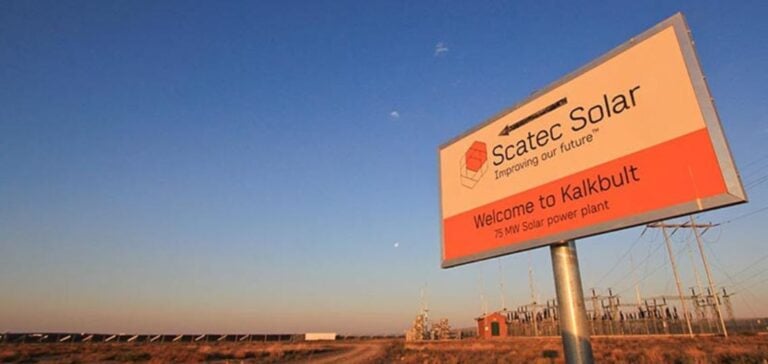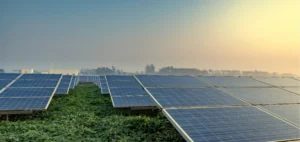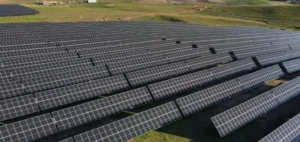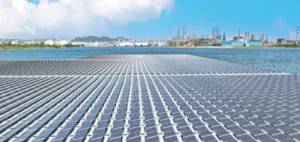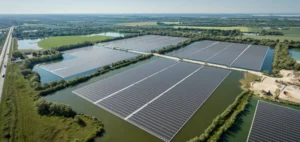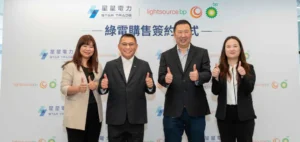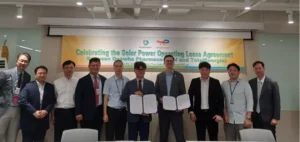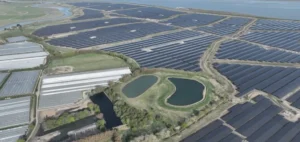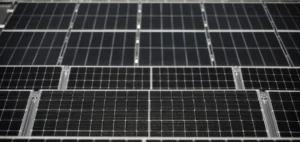Scatec ASA, a leader in the field of renewable energies, announces the sale of part of its interests in the Kalkbult, Linde and Dreunberg solar power plants, located in South Africa, to Greenstreet 1 Proprietary Limited.
This subsidiary of STANLIB Infrastructure Fund II, managed by STANLIB Asset Management Proprietary Limited, is acquiring these assets for a total of ZAR 921 million (USD 50 million).
Scatec currently owns around 46% of Kalkbult and 44% of Linde and Dreunberg.
Following this transaction, Scatec will reduce its holdings to around 13% and 12% respectively.
Ongoing commitment in South Africa
Terje Pilskog, CEO of Scatec, emphasizes that the sale is part of the company’s strategy to recycle capital for investment in new renewable energy projects.
Scatec will continue to provide management and maintenance services for the three plants.
The plants were developed as part of Rounds 1 and 2 of South Africa’s REIPPP (Renewable Energy Independent Power Producer Procurement Programme).
Development prospects
Present in South Africa for over a decade, Scatec reaffirms its commitment to this strategic market.
Future projects include the Grootfontein solar power plants, the Mogobe battery storage project, and Lyra Energy, a private sector-led initiative.
The first phase of the transaction is expected to close in the second half of 2024, followed by the second phase in the first half of 2025.
Closing of the transaction is subject to lender, shareholder and regulatory approvals.
The partial sale of the Kalkbult, Linde and Dreunberg solar power plants enables Scatec to finance new growth opportunities while consolidating its presence in South Africa.
This capital reallocation strategy is essential for the company’s continued development in the renewable energies sector.

